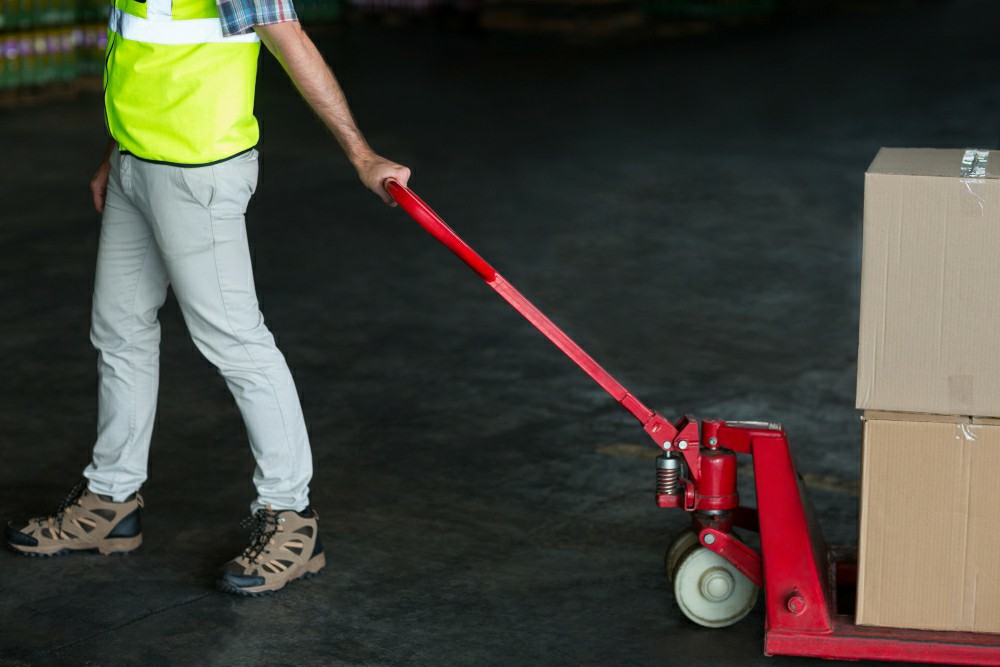


 349,500 Offered Certificates
349,500 Offered Certificates
 24/7 Online Training
24/7 Online Training
 Money Back Guarantee
Money Back Guarantee
 Fully Accredited Courses
Fully Accredited Courses

Created at: 01-02-2025 17:58
In the dynamic landscape of healthcare in Ireland, manual handling ranks among the most critical aspects of ensuring safety for both staff and patients. Whether it's lifting, transferring, or repositioning patients, healthcare workers face numerous challenges that can lead to injuries if proper techniques are not employed. This article delves into the importance of certified manual handling techniques training, highlighting essential course content, risks associated with poor practices, and the benefits of online training options.
Manual handling involves any activity requiring the use of force to lift, lower, push, pull, or carry an object. In healthcare settings, these objects often include patients themselves, which makes knowledge of manual handling techniques absolutely essential. The risks associated with improper manual handling can result in serious injuries, impacting not just the individual worker, but also patient care and organizational efficiency.
Enrolling in a manual handling techniques course provides participants with essential knowledge that encompasses:
Obtaining a manual handling techniques certification not only enhances personal skill sets but also promotes a culture of safety within the workplace. Here are some benefits:
With the rise of technology, many training providers now offer manual handling techniques online courses, making it easier for healthcare employees to access training regardless of their location. Online courses offer:
Upon successful completion of a certified manual handling techniques training course, participants typically receive a certificate validating their expertise in safe handling practices. The certification process usually involves:
In conclusion, investing in manual handling techniques training is not just beneficial, but essential for healthcare professionals in Ireland. By ensuring staff are trained in safe practices, healthcare facilities can protect their workforce and improve outcomes for patients. If you’re seeking to enhance safety and compliance in your organization, consider enrolling in a manual handling techniques certification Ireland program today.
For more information or to enroll, visit Ireland Safety Training or contact us at [email protected].